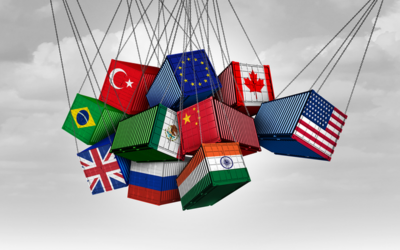According to Yahoo Sports, the London Olympics are set to be liked, tweeted, pinned and shared with more people than ever before as athletes, fans and organizers interact online during this year’s Summer Olympics. For the first time ever, athletes and fans are encouraged to communicate directly with one another using their Facebook and Twitter accounts. An Olympic Athletes Hub has even been created for those Olympic fans looking to connect with other fans and athletes to watch videos and communicate before or after an Olympic event.
With thousands of reporters attending the Olympics this year and equal numbers overseeing each individual sporting event, social media is becoming the easiest way to communicate scores, updates and personal stories to individuals across the globe. With Twitter having more than 140 million active users and with more than 901 million Facebook fans (up significantly from four years ago), social media users are using these platforms to get real time results and feel connected to their country of choice.
Unfortunately, social media is also changing the experience from a negative perspective as well. Already athletes have been given social media bans and juicy details of the opening ceremony have leaked online, causing the surprise element to be removed completely from the experience. This year, a racist tweet from Greek athlete Paraskevi Papachistou, caused the first expulsion of an athlete from social media use.
Although the International Olympic Committee is continuing to encourage Olympic athletes to use social media, they have banned them from mentioning commercial sponsors without a special waver and have now encouraged athletes to be careful about what they put forth on the web.
Speaking of sponsors, with the predominate use of social media today, national and global brands are looking to find new, innovative ways to engage with Olympic athletes and viewers using social media and digital campaigns. As an example, Visa is using the new Facebook geolocation function to direct fans to your country’s page. If you logged in the U.S. recently, there was a poll about how many medals Michael Phelps would win. There’s also a Facebook app where you can produce your own cheer or you can determine your degrees of separation from athletes. But be careful! If your brand is not an official Olympic sponsor, you must take a different approach when marketing the Olympics to your fans/followers. If you are a marketer/social media professional, take a look at Mashable’s 2012 Olympics Social Media Guide on how you can get involved without breaking the rules.
At our agency, we are taking a journalistic approach to see how our client’s products/services relate to athletes or Olympic activities and inserting our clients in news or social media, if relevant. What are you doing to make the most of the Olympics buzz for your clients?
By, Kelly Rona


